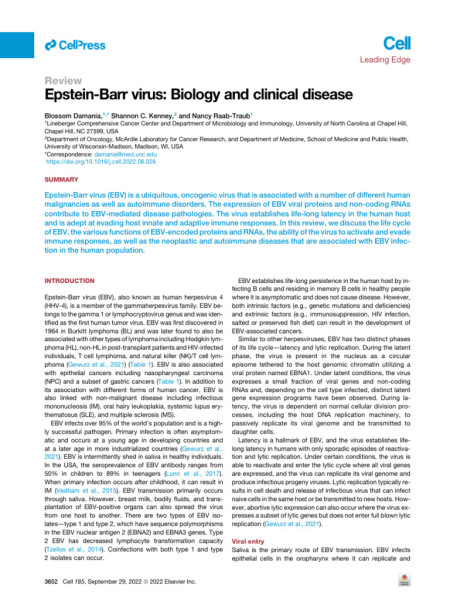The Epstein-Barr virus (EBV) continues to be a prevalent health issue among college students, particularly at prestigious institutions like Stanford University. This common viral infection is known for causing infectious mononucleosis and can spread easily in close living quarters such as dormitories.
At Stanford, the virus's presence has prompted university health services to emphasize preventive measures and provide comprehensive care for affected students. Symptoms of EBV include fever, sore throat, swollen lymph nodes, fatigue, and sometimes a rash or liver inflammation. While most cases are mild to moderate, severe symptoms can occur in individuals with compromised immune systems.
Stanford's health resources offer guidance on preventing the spread of EBV through good hygiene practices and avoiding shared personal items. Students experiencing concerning symptoms are advised to seek medical attention promptly. The university’s commitment to advancing human health also includes research initiatives aimed at better understanding and treating viral infections like EBV.
This ongoing concern highlights the importance of awareness and proactive healthcare measures in academic communities, inviting reflection on broader strategies for managing common infectious diseases on college campuses.



